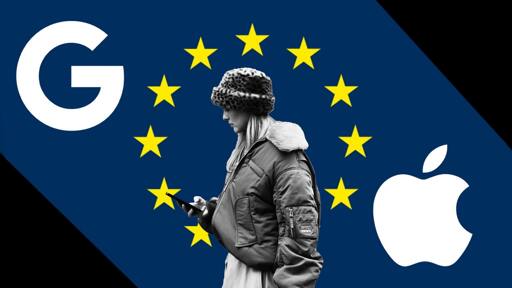Archive: https://archive.is/2025.03.19-144216/https://www.ft.com/content/a9d0bde3-f10e-4113-b21c-cb02bf31a8f2
The decisions are the first sign that the new commission, which started its current mandate in December, will continue enforcing the DMA. That push comes despite the risk of potential retaliation by the administration of Trump, who has directly attacked EU fines on US companies, calling them a “form of taxation”.
From next week, the bloc is due to take more sensitive decisions on how to handle Big Tech because of legal deadlines to wrap up several investigations against Apple, Meta and Google.
These probes could result in immediate fines, risking an escalation of the transatlantic tensions amid an escalating trade war.
The US president is considering tariffs on countries that levy digital services taxes against American companies. According to a memo released last month, Trump said he would look into taxes and regulations or policies that “inhibit the growth” of US corporations operating abroad.
But the commission is also under pressure from other companies, civil society and the European parliament to stick firm by its own digital rule book, which only entered into force in 2022.
Fuck you very much big tech corpos!



